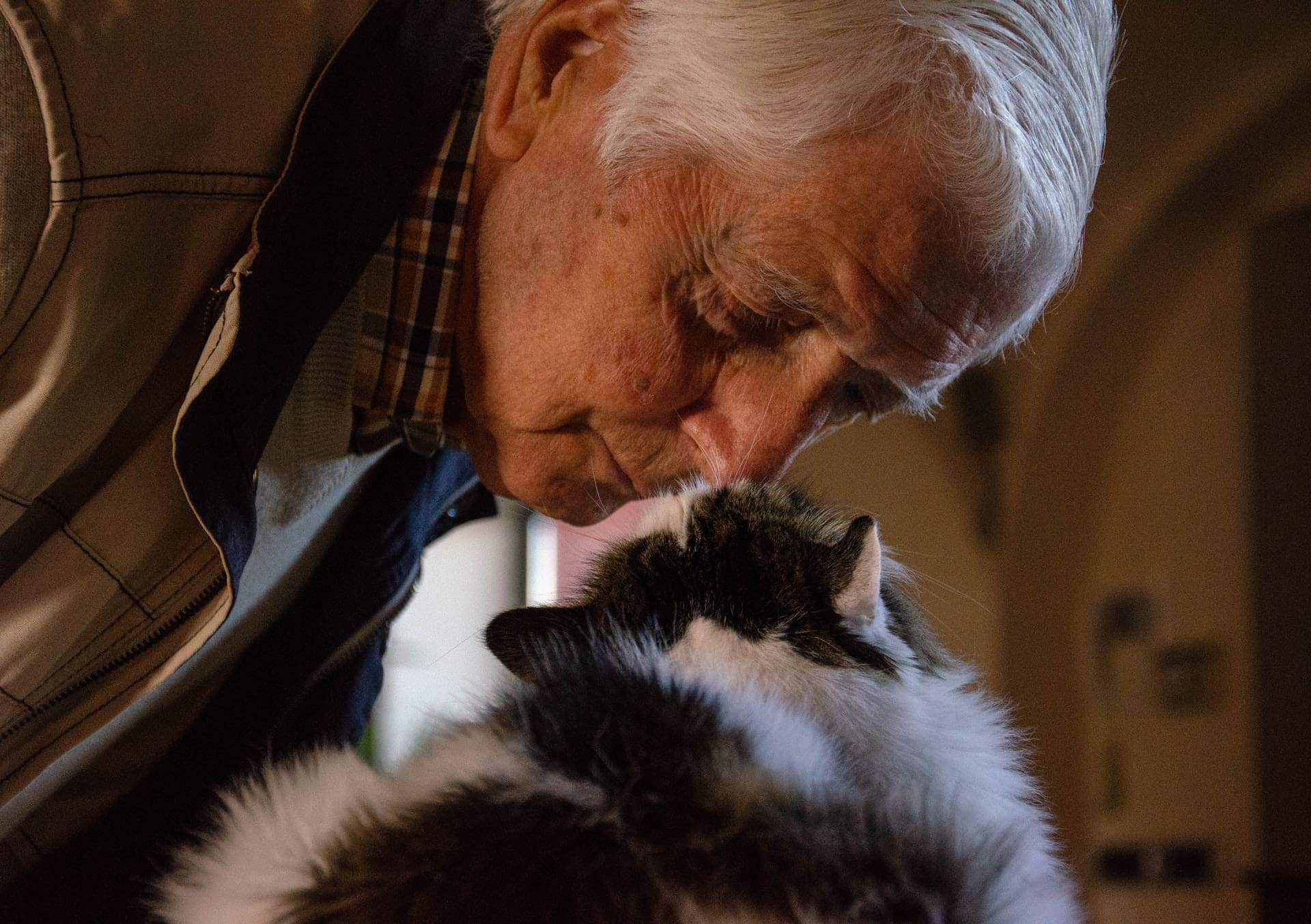
13 Jun How to Make Sure Your Pet Is Taken Care of After Your Death
Hopefully, you’ve already created an estate plan that benefits your spouse or partner as well as any children and grandchildren in your family. But there are some other important family members you may have forgotten to consider when estate planning—your pets.
Planning ahead for your pets’ needs guarantees that they will continue to receive the best love and care after you’re gone. At Phelps LaClair, we help Arizona residents design estate plans that provide for the future of their entire families, including their pets. Continue reading to learn how you can protect your pets with estate planning.
What Happens to Your Pets When You Die Without a Will?
Even though pets are part of the family, they are legally considered property. When you die without a will that designates a caregiver, the person who will care for your pets will be chosen by the court.
Just like any other assets that are left without beneficiary designations when you pass away, your pets become subject to probate court and will be given to your next of kin. This may include your spouse, adult children, or parents, depending on your surviving heirs. If you have no immediate family members, your next of kin could be one of your siblings, aunts or uncles, cousins, or grandparents.
Whether your next of kin is someone in your current household or a distant relative, it’s important to leave proper care instructions and to designate your preferred caregiver for your pet in your estate plan. You should also be thorough in your care instructions, especially if your pet has any dietary restrictions or special needs.
However, you should never assume that your preferred caregiver is willing to take on this responsibility. Make sure to talk to the person you’d like to have the care of your pets and get their approval before you assign them this important role.
Estate Planning for Pets: How to Protect Their Future
Can You Leave Money for Your Pet?
It may feel like the best way to ensure your furry family members are cared for is to leave money to them like you would any other loved one. Because the court deems pets as property, you cannot leave money or other assets directly to a pet. However, that doesn’t mean you can’t financially prepare for your pet’s future in other ways, such as through a will or trust.
Leaving Your Pet to Someone in Your Will
While you cannot grant any assets to a pet in your will, you can use your will to leave your pet to someone else. You can also leave a sum of money to your pet’s caregiver to be used specifically for pet care.
However, there is no legal obligation for the designated caregiver to use the money they inherit on the pet. If you choose this method, make sure the caregiver is someone you trust and that they understand all of your wishes regarding your pet’s care.
Much like beneficiary designations for other assets, you should also name a contingent caregiver. This person would inherit and care for your pet in the event that your first choice of caregiver is unable to take on the responsibility.
Creating a Pet Trust
Setting up a pet trust instead of a designation in a will is a more secure way to protect your pet’s future. A pet trust is a legal arrangement between you and the trustee that details the care of your pet. When you pass away or become incapacitated, the trustee not only receives custody of the pet, but also becomes able to access the money in the trust on behalf of the pet.
Unlike a will designation, the money left in a pet trust must be used for the care of the pet. If the trustee uses the money for any other purposes, legal action can be taken against them.
To ensure that your pet is properly cared for, make sure to include the following specifications in your pet trust document:
- Name the pet(s) and the designated caregiver
- Leave money to cover the pet’s food and other supplies, as well as veterinary care
- Leave detailed instructions on how to care for the pet (what food to give them and when, what type of exercise they need and how often, their vet information, etc.)
- Specify how they should care for the pet if you become incapacitated vs. after you die
- Leave instructions for the pet’s end-of-life care
- Explain what should happen if there is any money left over when the pet passes away
- Name someone who will take the trustee to court if they do not follow the terms of the pet trust
How to Create a Pet Trust in Arizona
Life is unpredictable, so don’t hesitate to plan for your pet’s future along with your family’s. The expert estate planning lawyers at Phelps LaClair can help you design an estate plan that ensures a secure future for your beloved animal companions. If you have any questions about estate planning for pets, or would like to create a pet trust, give us a call at 480-892-2488 today to schedule a consultation.
Images used under creative commons license – commercial use (6/13/2022). Photo by Pietro Schellino on Unsplash


